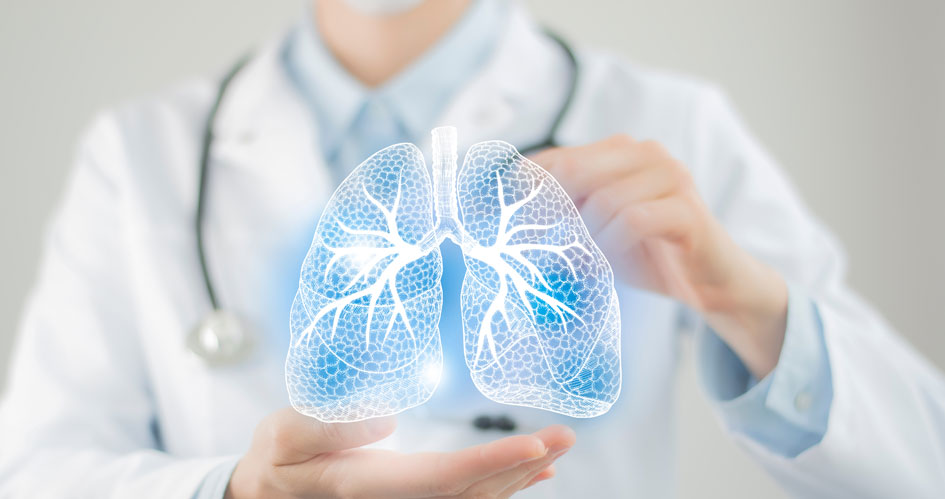
Globally, Tuberculosis is considered among the 10 major causes of death and first cause of death among HIV/AIDS patients1. The economical and disease burden of the current pandemic is expected to reverse the progress made in TB prevention, by aggravating the poverty and malnutrition in the developing world1.
Inhalation of infected aerosol droplets, usually exhaled by a patient, is the route of disease transmission. This first contact may lead either to immediate elimination by the host defenses, either to the gradual onset of pulmonary disease, or to a latent infection that bears the potential to be activated at any time in the future1.
25% of the global population is estimated to be infected, mostly in the developing countries1.
In Greece, the prevalence among citizens of Greek nationality is declining, however there is an increasing prevalence of cases observed among other nationalities, mainly refugees and immigrants2.
Persistent cough, weight loss, fever, night sweats, lymphadenopathy.
Active pulmonary disease is treated for 6 months, starting with a four-drug regimen for the first 2 months and continuing with two drugs for the remaining 4 months. During treatment patients are monitored for possible side effects and for their adherence to treatment as interruptions may lead to treatment failure and /or drug resistance. A special disease entity among types of drug resistant TB is the multidrug resistant TB representing a major and public health threat.
The bacille Calmette–Guérin (BCG) vaccine, offers partial protection, especially from severe forms of TB in children3.
Research for the development of a more successful vaccine, effective across all age groups, is ongoing, and some promising candidates are used in the course of clinical trials.4
ANNA S. TZORTZI MD, FCCP
PNEUMONOLOGIST
References
